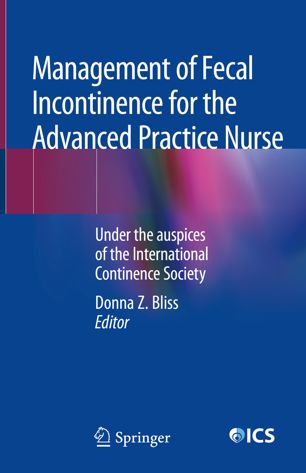

Most ebook files are in PDF format, so you can easily read them using various software such as Foxit Reader or directly on the Google Chrome browser.
Some ebook files are released by publishers in other formats such as .awz, .mobi, .epub, .fb2, etc. You may need to install specific software to read these formats on mobile/PC, such as Calibre.
Please read the tutorial at this link: https://ebookbell.com/faq
We offer FREE conversion to the popular formats you request; however, this may take some time. Therefore, right after payment, please email us, and we will try to provide the service as quickly as possible.
For some exceptional file formats or broken links (if any), please refrain from opening any disputes. Instead, email us first, and we will try to assist within a maximum of 6 hours.
EbookBell Team

0.0
0 reviewsThe book describes the current management of fecal incontinence from an advanced practice nursing perspective. It fills a gap in nursing knowledge promoting and showcasing the expertise and significant contribution of advanced practice nurses whose role is so important in the health care system. Authors’ objectives are to disseminate information about evidenced-based nursing care for the incontinent patient to improve outcomes and quality of life as well as to instruct nurses involved in continence care to practice at a high quality level.
The book is structured in chapters, starting by explaining fecal incontinence and its impact on quality of life. The second chapter discusses advanced practice continence nursing. The epidemiology of fecal incontinence is reviewed to provide an appreciation of the scope of the problem. Normal defecation and mechanisms to ensure continence are reviewed to improve understanding of the alterations resulting in fecal incontinence. The next chapters focus on assessment, diagnosis and management of fecal incontinence in various patient groups which parallels the delivery of care. Since surgery is a treatment option in some cases, a chapter explains surgical approaches and the postoperative nursing care. As skin damage is the most common complication of fecal incontinence there is a chapter about management of these associated problems. The last chapter addresses managing fecal incontinence in the patient with urinary continence also. Practice related chapters include a case study. All chapters highlight key information in a box or table.The intended readers are international advanced practice nurses who care for patients with incontinence as well as continence nurse specialists practicing at a general level. General nurses interested in continence care might also be interested in reading the book. Other disciplines who are part of the healthcare team may be interested in learning more about role of the advanced practice nurse.